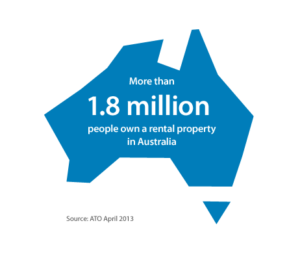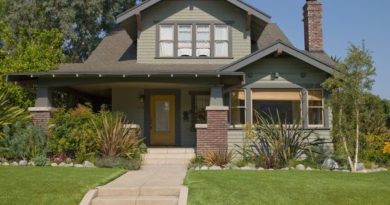Buying an Investment Property
Property investment can grow your wealth
substantially and help you attain your financial goals, given the use of a suitable strategy for your personal needs. Although it is more straightforward than most types of investments, being knowledgeable will help you succeed when buying an investment property. Making the right decisions can earn you quite a profit, which you can do with a bit of research and strategizing to get the most out of your investment.
There are various ways to go about it, but there are two primary strategies for you to get a considerable return on investment: renting and flipping. When you purchase a property for lease, you can get passive income from the payments of your tenants, which also subsidize the investment you made on the property. On the other hand, house flipping—which is becoming less common as a practice in Australia—is when you buy a property and do some improvements to increase its value, which is then sold at a higher price.

If you are seriously considering investing in properties, here are some tips you need to know:
Valuable opportunities and bargain deals can be found in unconventional sales. Try searching for mortgagee sales, fire-damaged property sales, and distressed property sales, as the properties are customarily priced below the prevailing market rate.
-
Prioritize properties with attractive features and potential for easy renovation
Spot properties with elements that has the potential to appeal to a diverse market, such as having a second bathroom, a prime location with nearby transport hubs, and the quality of requiring low maintenance. Another important consideration is the ease of renovations to add value to the property and entice more tenants or buyers; spending minimal costs to give your property a facelift is a worthwhile investment.
-
Consider maintenance costs
When investing in property, you have to take into account the costs of maintaining the property, especially if it is a rental property. You will be regularly paying for the cost of repairs, insurance, taxes, and other expenses. It is worth nothing that repairs are a big issue and liability if you are buying an old property. You can easily waste your precious resources on maintaining a property you failed to properly assess during the process of purchasing it.
-
Look out for hidden costs
During the process of buying and renovating your property prior to leasing or reselling, there are several expenses you need to consider, which include: stamp duty, which you pay upfront and is different for each state; legal fees; council and water rates; sinking funds; conveyancing fees; search fees; pest and building reports; insurance; land tax; and rental listings.

Due diligence should be exercised when buying an investment property. Once you have spotted the ideal property for you, whether you are flipping it or renting it out, make sure to do quite a bit of research before making big decisions.



